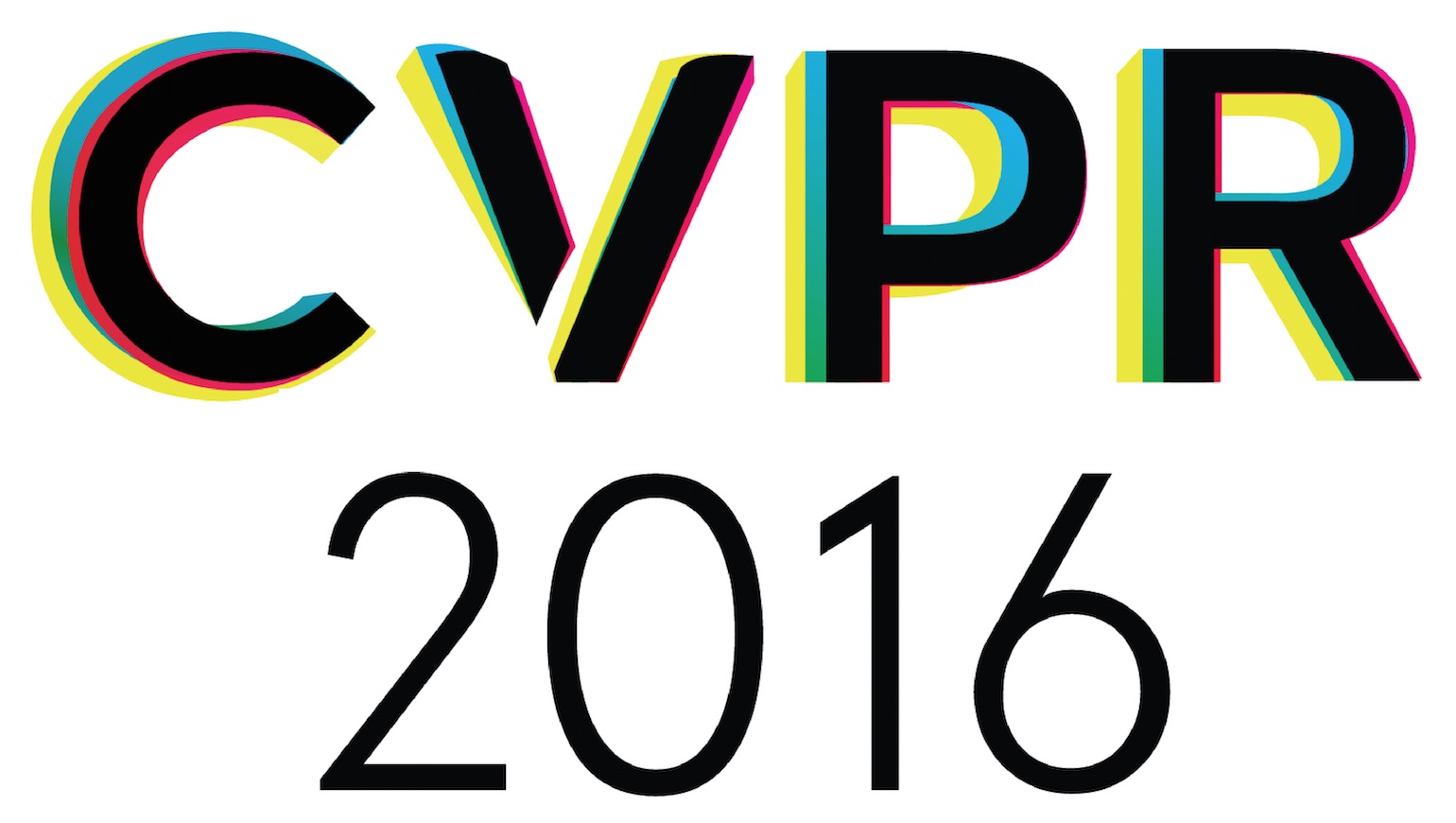-
An Empirical Evaluation of Current Convolutional Architectures' Ability to Manage Nuisance Location and Scale Variability
AbstractWe conduct an empirical study to test the ability of convolutional neural networks (CNNs) to reduce the effects of nuisance transformations of the input data, such as location, scale and aspect ratio. We isolate factors by adopting a common convolutional architecture either deployed globally on the image to compute class posterior distributions, or restricted locally to compute class conditional distributions given location, scale and aspect ratios of bounding boxes determined by proposal heuristics. In theory, averaging the latter should yield inferior performance compared to proper marginalization. Yet empirical evidence suggests the converse, leading us to conclude that - at the current level of complexity of convolutional architectures and scale of the data sets used to train them - CNNs are not very effective at marginalizing nuisance variability. We also quantify the effects of context on the overall classification task and its impact on the performance of CNNs, and propose improved sampling techniques for heuristic proposal schemes that improve end-to-end performance to state-of-the-art levels. We test our hypothesis on a classification task using the ImageNet Challenge benchmark and on a wide-baseline matching task using the Oxford and Fischer's datasets.
Related Material
[pdf][bibtex]@InProceedings{Karianakis_2016_CVPR,
author = {Karianakis, Nikolaos and Dong, Jingming and Soatto, Stefano},
title = {An Empirical Evaluation of Current Convolutional Architectures' Ability to Manage Nuisance Location and Scale Variability},
booktitle = {Proceedings of the IEEE Conference on Computer Vision and Pattern Recognition (CVPR)},
month = {June},
year = {2016}
}
These CVPR 2016 papers are the Open Access versions, provided by the Computer Vision Foundation.
Except for the watermark, they are identical to the accepted versions; the final published version of the proceedings is available on IEEE Xplore.
Except for the watermark, they are identical to the accepted versions; the final published version of the proceedings is available on IEEE Xplore.
This material is presented to ensure timely dissemination of scholarly and technical work.
Copyright and all rights therein are retained by authors or by other copyright holders.
All persons copying this information are expected to adhere to the terms and constraints invoked by each author's copyright.

